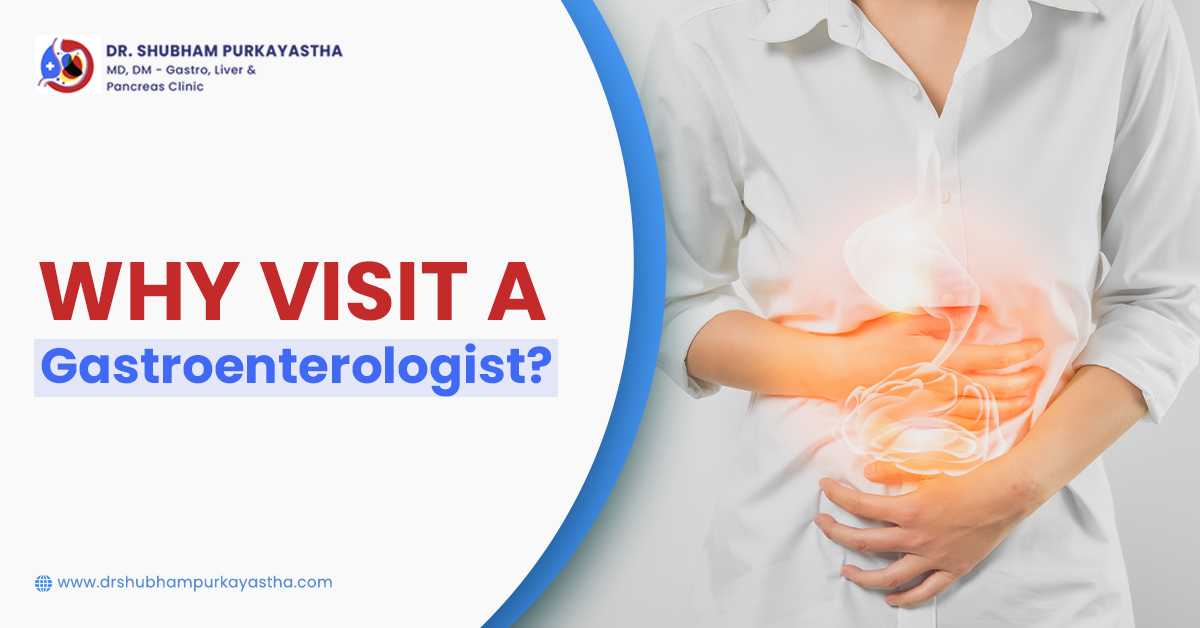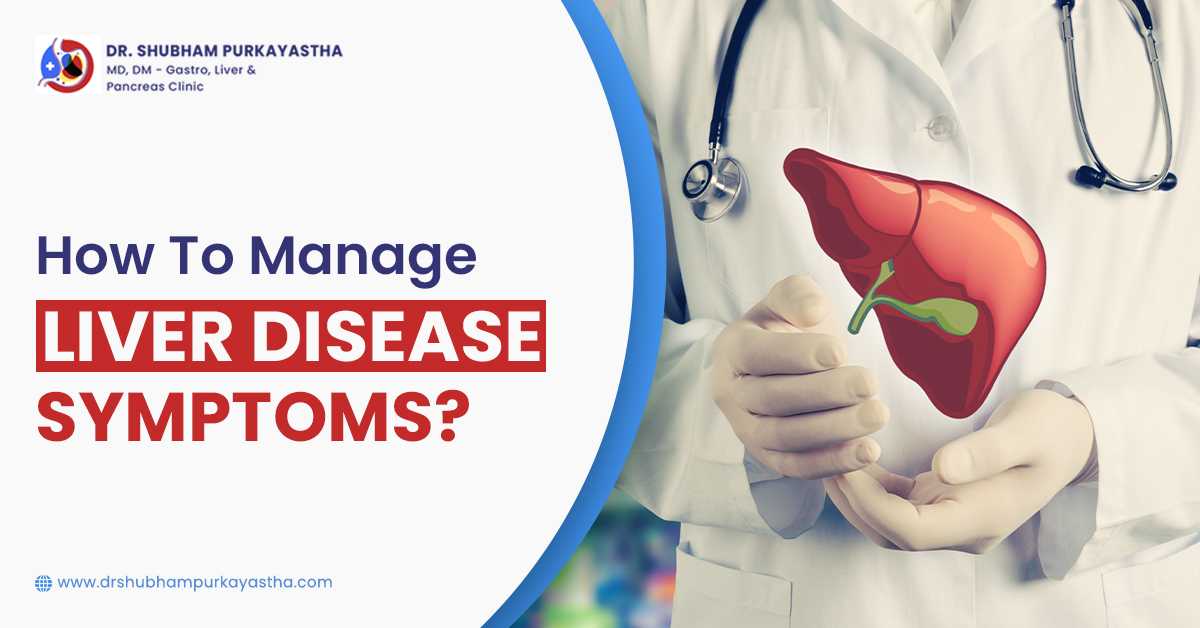Intestinal problems have become a common concern in modern days due to lifestyle and food habits. The symptoms of these conditions can vary and include abdominal pain, bloating, diarrhea, constipation, and changes in bowel habits. Understanding the nature of intestinal problems requires a comprehensive approach to promote optimal digestive health.
To overcome this condition, you must see your best doctor for intestinal problems, who can help you with the right treatment options along with preventive measures. By following the guidelines of a doctor you can surely back on your feet.
Understanding Common Intestinal Problems
Intestinal problems encompass a range of conditions, commonly known as inflammatory bowel disease (IBD) and irritable bowel syndrome (IBS). IBD includes Crohn's disease and ulcerative colitis, chronic inflammatory conditions affecting different segments of the digestive tract.
IBS is a functional gastrointestinal disorder characterized by abdominal pain, bloating, and changes in bowel habits without any damage. Intestinal problems occur due to genetic predispositions, environmental factors, lifestyle choices, stress, and poor dietary habits.
How Do Diagnostic Techniques Work?
Accurate diagnosis of intestinal problems requires a combination of clinical evaluation, medical history, and diagnostic tests. These tests include stool analysis, blood tests, imaging techniques such as colonoscopy and sigmoidoscopy, and, in some cases, biopsies.
Intestinal Problems: Potential Treatment Options
Treatment approaches for intestinal problems vary depending on the specific condition and its severity. In IBD cases, a combination of medication, dietary modifications, and occasionally, surgical intervention may be necessary.
Anti-inflammatory drugs, immunosuppressive agents, biologics, and antibiotics are commonly used medications. Usually, IBS management focuses on symptom control through dietary changes, stress management techniques, and, occasionally, medications to alleviate specific symptoms.
Intestinal Problems: What Are The Preventive Measures?
While it may not always be possible to prevent intestinal problems entirely, several preventive measures can minimize the risk and severity of these ailments. Maintaining a balanced and nutritious diet, regular exercise, stress reduction techniques, smoking cessation, and adequate hydration can have positive effects on intestinal health.
Reducing excessive intake of processed foods, alcohol, and caffeine may help alleviate symptoms in susceptible individuals. In addition, awareness and preventive measures can be crucial in promoting digestive wellness. Intestinal problems are complex and diverse, that require a collective approach to managing these conditions for optimal digestive health.
Treatment for intestinal problems such as Crohn's disease and ulcerative colitis may include medications to reduce inflammation, lifestyle modifications, and in severe cases, surgery may be required to remove damaged sections of the intestine.
These diseases can be easily spread through contaminated food or water and can also be passed from person to person. Treatment usually involves rest, fluid replacement to prevent dehydration, and in some cases, medications to reduce symptoms.
Most cases of gastroenteritis resolve on their own within a few days, but if you notice that the symptoms are severe or persistent for more than two or three days then you can visit your best doctor for intestinal problems.




